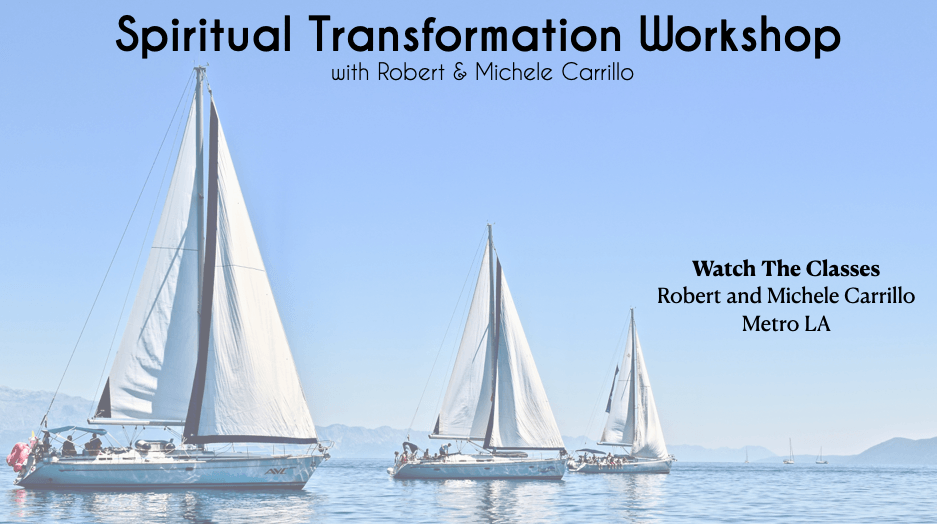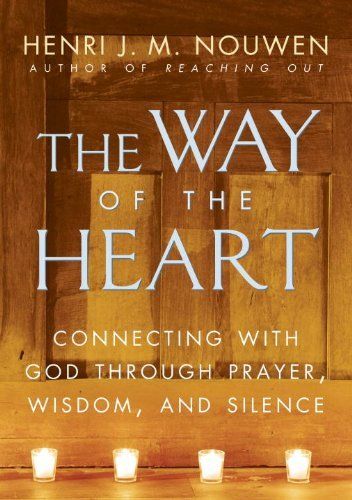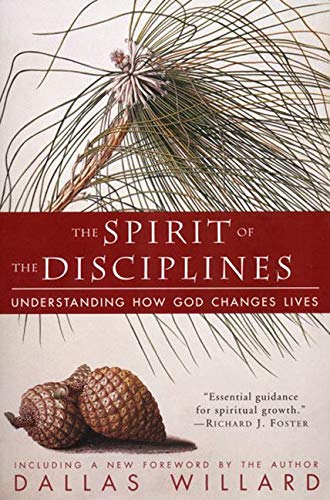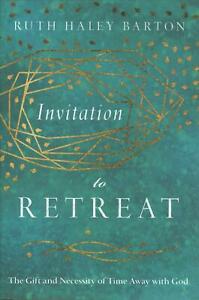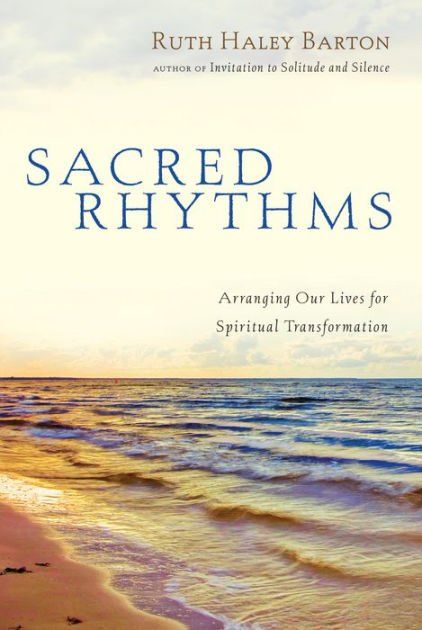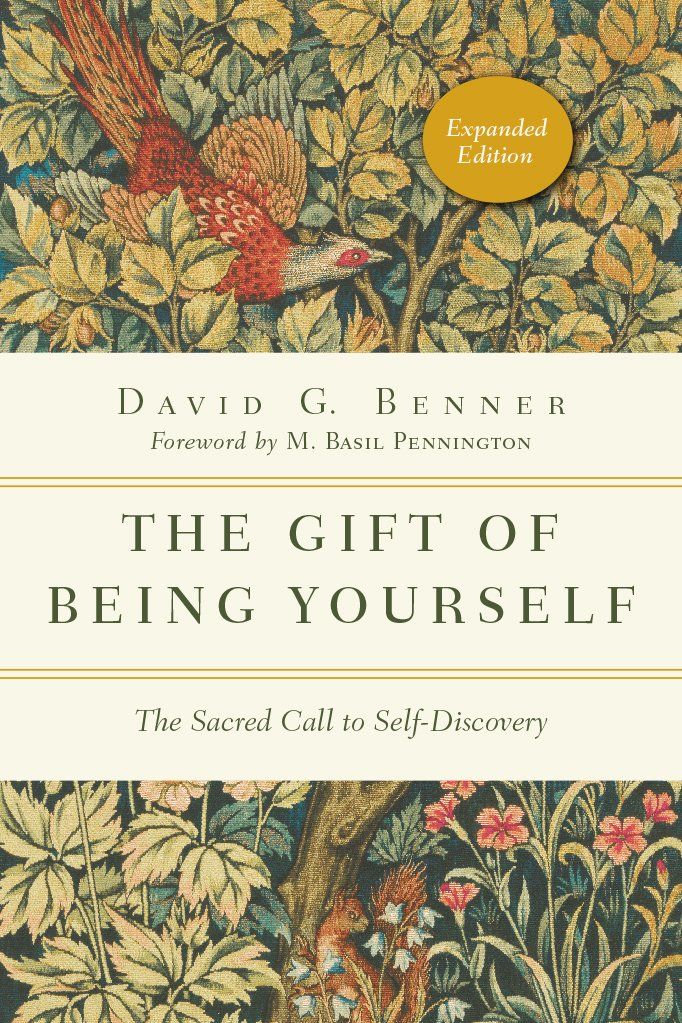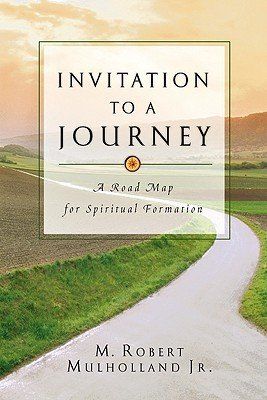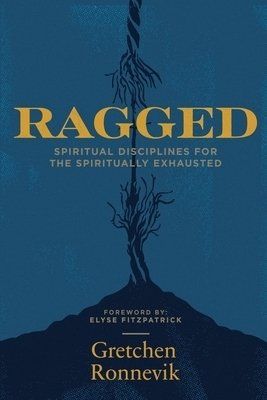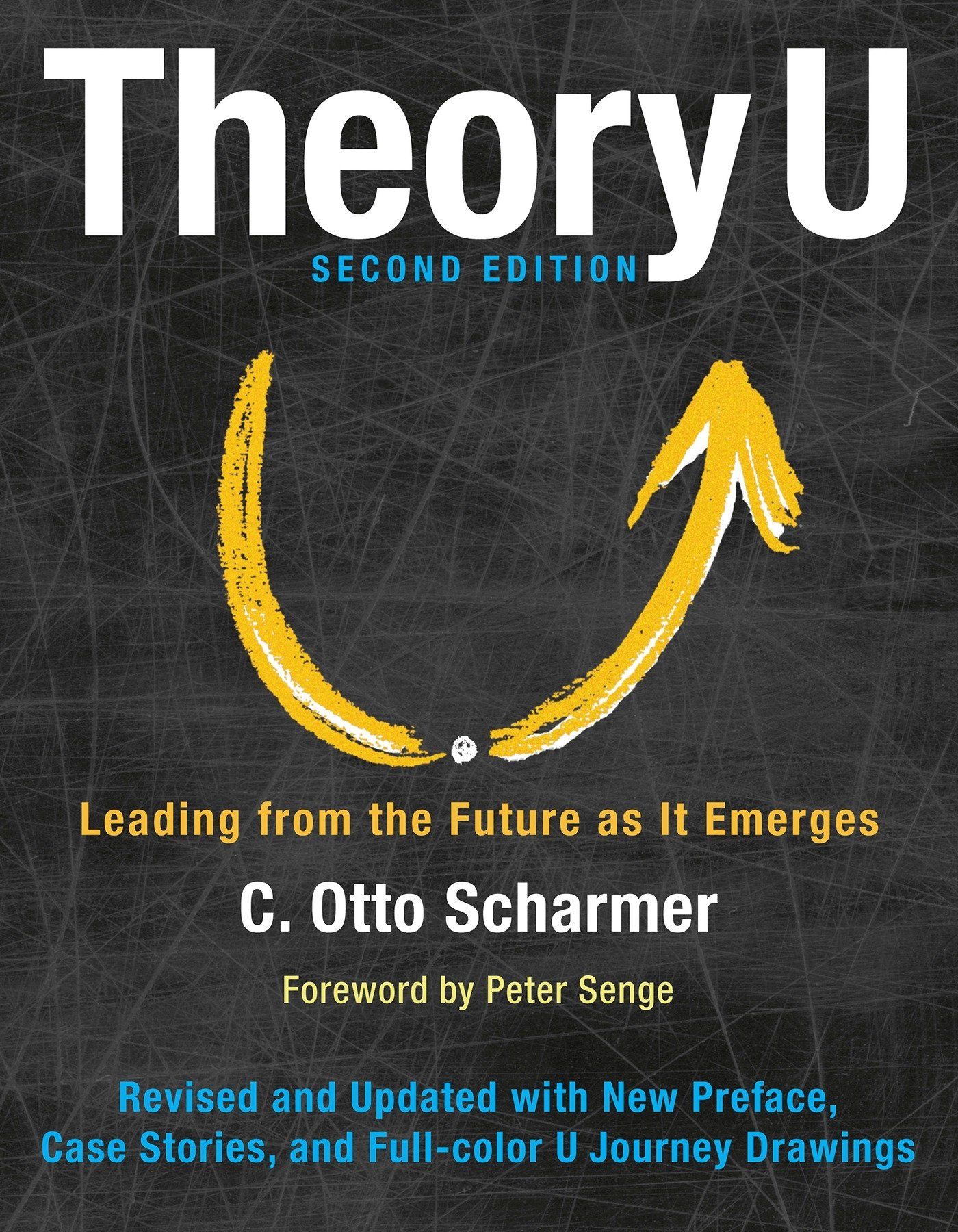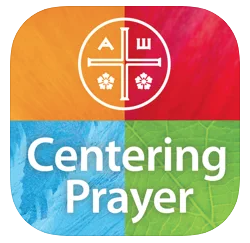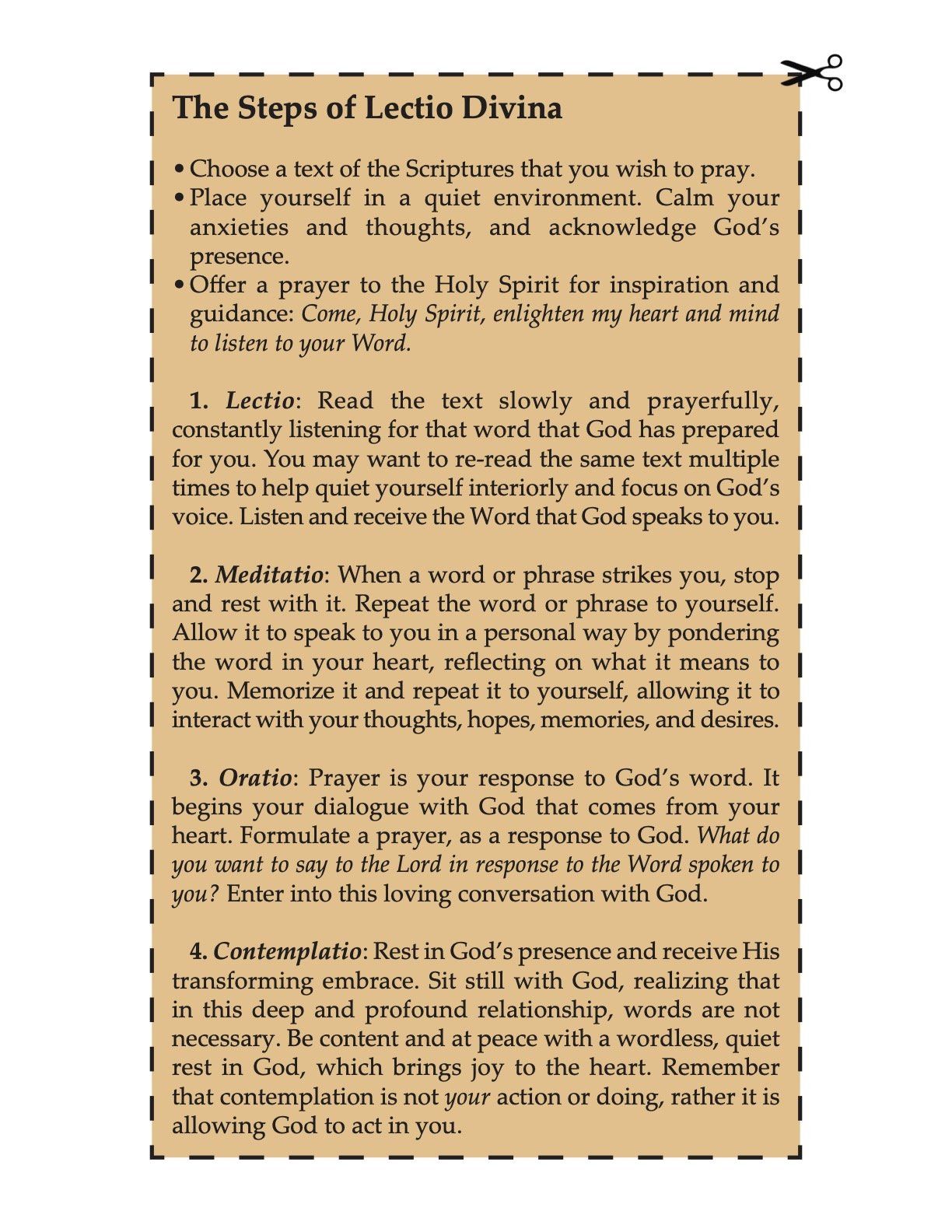Spiritual Formation Practices
Church Leaders, Evangelists, Therapists, Elders and ICOC Members have all contributed to our library of learning. Dive deeper and choose which spiritual disciplines you would like to practice as Christ is formed in you.
Spiritual Disciplines and Practices
DISCOVER DEEPER
The resources listed here are meant to assist you as you explore the concepts and practices of spiritual formation. These resources are not meant to substitute for spiritual advice. While the content has been vetted to the best of our abilities, we cannot guarantee it is free from flaws or perfectly aligned with any one person’s spiritual journey. Please use these resources in a manner that is beneficial for you and seek advice from a trusted spiritual mentor as needed. (Click the link fo a direct connect to that section.)
Resources to deepen your meditative practices
Connect with God though contemplative prayer
Understand the significant spiritual impacts of fasting
Meditation
Resources to deepen your meditative practices
Contemplative Prayer
Connect with God though contemplative prayer
Fasting
Understand the significant spiritual impacts of fasting
Lectio Divina
Sacred Reading of God's Text
Journaling
Use journaling to discover the movements of the spirit
Silence / Solitude
Settle the deep with solitude and silence
Reflections
Reflection exercises
Commune with Nature
Coming Soon...
Prescensing
Connect with your higher future self. Visualization walk...
Coming soon...
Trauma
Coming Soon...
Dialogue Walk / Confession
Coming soon...
Introduction To Spiritual Transformation
1 Timothy 4
7 Have nothing to do with godless myths and old wives’ tales; rather, train yourself to be godly. 8 For physical training is of some value, but godliness has value for all things, holding promise for both the present life and the life to come.
Spiritual disciplines are those practices found in Scripture that promote spiritual growth among believers in the gospel of Jesus Christ. They are habits of devotion, habits of experiential Christianity that have been practiced by God’s people since biblical times.
First, the Bible prescribes both personal and interpersonal spiritual disciplines. There are those spiritual disciplines that we practice alone and those that we practice with other Christians.
Second, spiritual disciplines are activities; they are not attitudes. Disciplines are practices. Spiritual disciplines are things you do. They are not character qualities.
Third, spiritual disciplines are practices taught or modeled in the Bible.
Fourth, spiritual disciplines are those found in Scripture that are sufficient for knowing and experiencing God and for growing in Christlikeness.
Fifth, spiritual disciplines are derived from the gospel, not divorced from the gospel. Rightly practiced, the spiritual disciplines take us deeper into the glories of the gospel of Jesus Christ, not away from it as though we have moved on to some advanced level of Christianity.
Sixth, spiritual disciplines are the means and not ends. The end — that is, the purpose of practicing the disciplines is godliness. Rightly motivated, they are the means to godliness.
Spiritual Disciplines for the Christian Life
Donald S. Whitney
List of Services
-
Spiritual Workshop 1Watch Workshop Part 1 List Item 1
Robert and Michele speak to the House Church leaders of the GLCC and explores spiritual transformation, spiritual disciplines and goes through a spirital exercise together.
-
Spiritual Workshop 2Watch Workshop Part 2 List Item 2
Part 2 of the workshop features a deeper dive into the spiritual disciplines and the transformative work of the Holy Spirit.
General Practice of the Retreating / Sabbath
Self Care - Spiritual Health
Solitude & Silence
Stress Relief and Reduce Anxiety - Binaural 396 Hz - Navy Seal Technique. Box breathing (or Square Breathing) can be thought of as the opposite of a panic attack. - more details below..
Current Articles On Silence and Solitude:
1. What we can learn from solitude. New York Times
2. What hermits can teach us. Dearborn.org
3. Why silence is good for your brain. Huffington Post
nothing. Inquisiter
5. Five health benefits of silence. Medical Daily
6. Science says Silence is Vital for our Brain Uplift Connect
7. Noise exposure is becoming "the new secondhand smoke" Washington Post
8. A Silent Retreat: A gift for Caregivers. Huffington Post
9. The New Paradigm- Heart Intelligence, Huffington Post
10. Why Are So Many People Seeking The Silence In Silent Retreats? Huffington Post
11. Silence Emerges as a way to boost health. Wall Street Journal
"Prescensing" and Listening
What is "presencing'? Presencing is the act of connecting to the God as a source of inspiration and will. It allows for the individual or group to go to the place of silence and allow the inner knowing to emerge. It is a combination of being present and sensing the spirit. Leaders who practice the art of presencing are creating the proper mental environment conducive to creativity and profound insight while sensing the hidden sources of idea generation (MIT Sloan School of Management, 2005).
Here are a few tools to begin your journey into presencing and listening to the spirit.
Book Recommendations
Meditations
Contemplative Prayer
“God’s first word is silence.”
-Thomas Keating
Centering Prayer is a method of silent prayer that prepares us to receive the gift of contemplative prayer, prayer in which we experience God's presence within us, closer than breathing, closer than thinking, closer than consciousness itself. This method of prayer is both a relationship with God and a discipline to foster that relationship. Centering Prayer is not meant to replace other kinds of prayer; rather it casts a new light and depth of meaning on them. Centering Prayer is an ancient method of Christian prayer adapted for modern times by Fathers Thomas Keating, William Meninger and Basil Pennington.
The Centering Prayer application will support your daily prayer practice commitment. Beautiful and peaceful, the app includes an adjustable timer, as well as opening and closing prayer options that you may read before and after your silent prayer time. An assortment of sounds and backgrounds allow you to choose the type of environment you want to create for your prayer time. Brief instructions for learning Centering Prayer are also included.
It is recommended you practice being in relationship with God through Centering Prayer twice a day for 20 minutes to begin with.
Centering Prayer App.
https://www.contemplativeoutreach.org/centering-prayer-mobile-app
Joyful Journey by Jim Wilder - here is the link to the book
Mindfulness / Acceptance
Fasting
Lectio Divina (Sacred Reading)
In Western Christianity, Lectio Divina is a traditional monastic practice of scriptural reading, meditation and prayer intended to promote communion with God and to increase the knowledge of God's word. In the view of one commentator, it does not treat scripture as texts to be studied, but as the living word. Below are some resources about Lectio Divina.
Journaling
A journal ... is a book in which a person writes down various things. As a Christian, your journal is a place to record the works and ways of God in your life. Your journal also can include an account of daily events, a diary of personal relationships, a notebook of insights into Scripture, and a list of prayer requests. It is where spontaneous devotional thoughts or lengthy theological musings can be preserved. A journal is one of the best places for charting your progress in the other Spiritual Disciplines and for holding yourself accountable to your goals.
Christians through the centuries have written spiritual autobiographies, personal diaries and journals. Some are available to us while the contents of others are known to God alone. Some were written to be read. Others were so personal and confidential that they we ordered burned at the authors death. Some classic autobiographies are: Augustine’s Confessions; Teresa of Avila’s Life; George Fox’s Journal; Thomas Merton’s The Seven Storey Mountain, Dag Hammarskjold’s Markings; and Henri Nouwen’s Genesee Diary and The Road to Daybreak. The personal reflections of some of the great missionaries can also be accessed and read. It is worthwhile to mention here that we are not in competition with others. Our journal is ours. We may draw diagrams, jot down words or phrases and connect them with arrows. It does not need or should it be subjected to the standard of grammar, spelling, margins, paragraphs structure, etc. This will only serve to discourage most of us and prevent us from experiencing the blessing of it.
Below are some journaling exercises that you might find helpful:
Have a resource? Share your insights...
Help us build our library of online resources. We are looking for anything you have found to be helpful and want to share with the rest of our community

